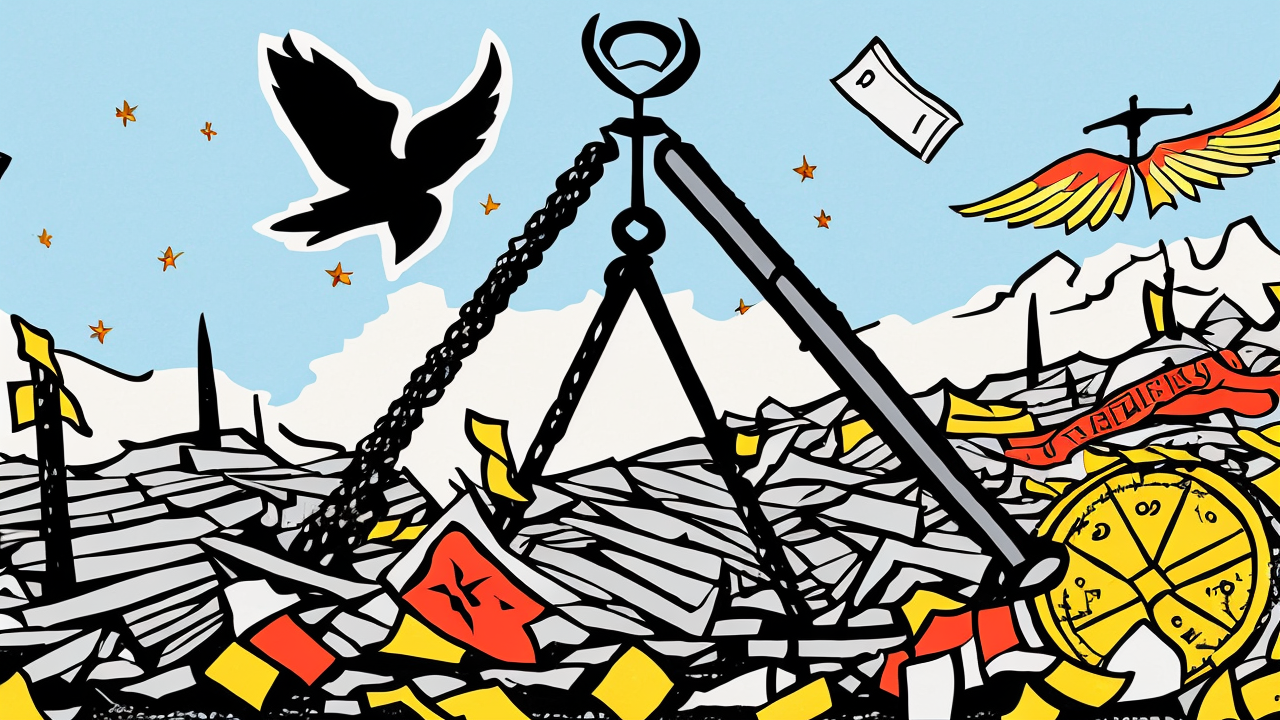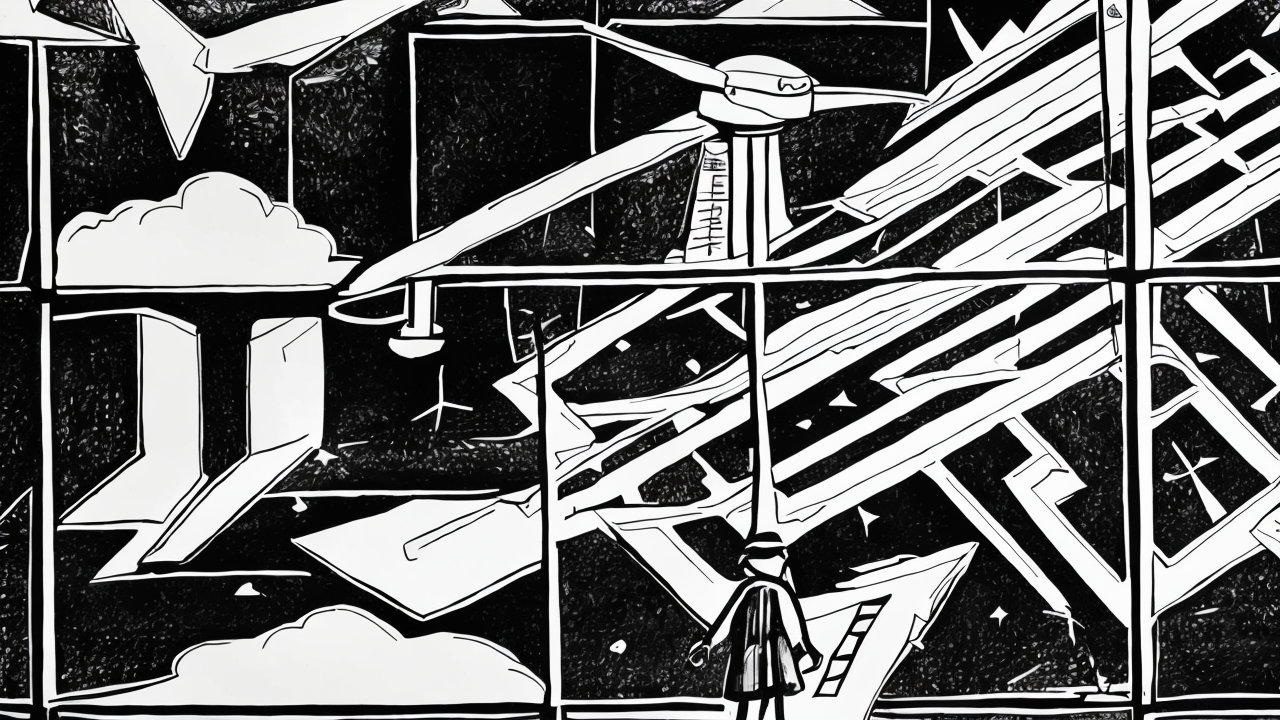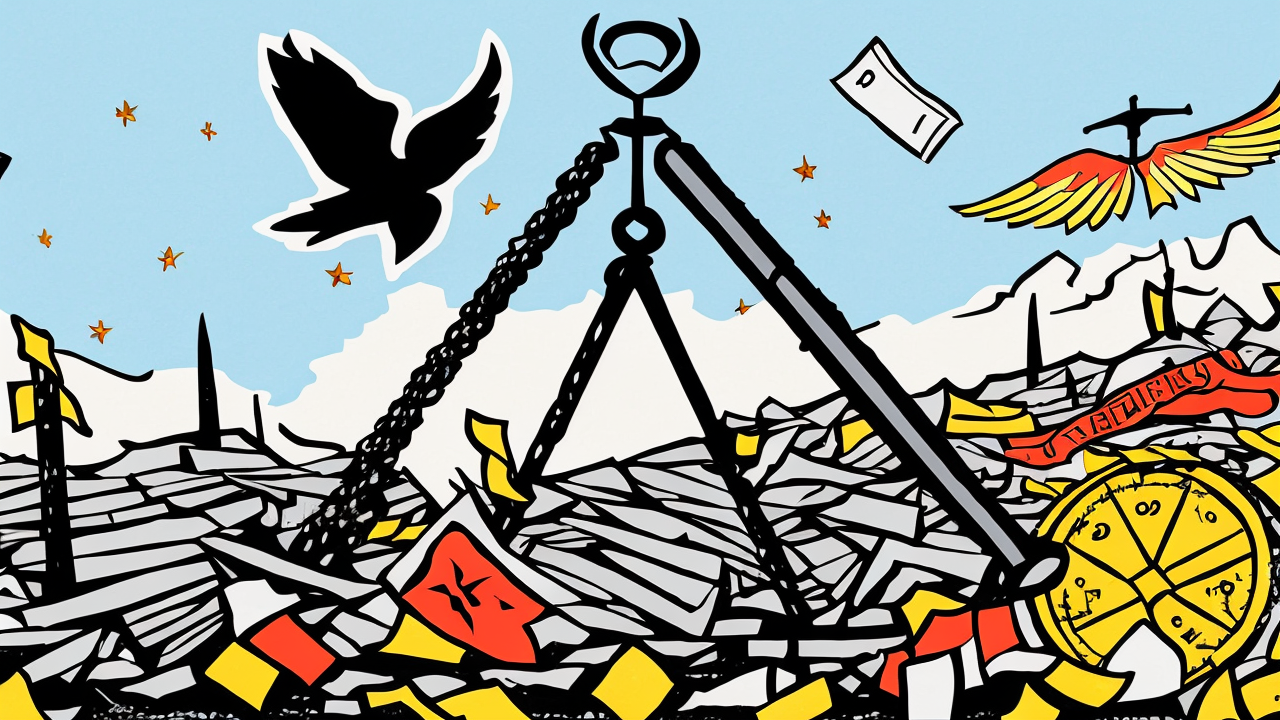The Challenges of Achieving Peace in Ukraine

Even if peace is achieved in Ukraine, the region will face significant challenges. The cost of postwar reconstruction is estimated at $524 billion, far exceeding the Marshall Plan’s $175 billion. Western powers are expected to fund most of this effort, with deals like the Ukraine minerals agreement signaling a pattern where Western interests secure resources in exchange for financial support. However, such arrangements risk fostering resentment among Ukrainians, as seen in the unpopular land market reforms demanded by the IMF.
Politically, President Volodymyr Zelensky, a pragmatic leader, faces risks. Nationalist factions may accuse him of selling out Ukraine’s interests, especially if territorial concessions are made. Zelensky’s ability to navigate these tensions could determine his political survival. Additionally, reintegrating veterans into civilian life will be challenging, particularly if they feel the peace terms undermine their sacrifices.
Western powers must also exercise caution. Greed for financial returns and eagerness to end the war could lead to destabilizing outcomes. Security guarantees must be crafted carefully, as future Ukrainian governments could pursue policies that reignite conflict. The West must balance its desire to influence the peace process with the need to avoid entanglements that could escalate tensions with Russia.
In summary, while achieving peace is a critical step, the postwar period will demand careful diplomacy, financial prudence, and political foresight to prevent new crises in Eastern Europe.
Published: 8/22/2025
















